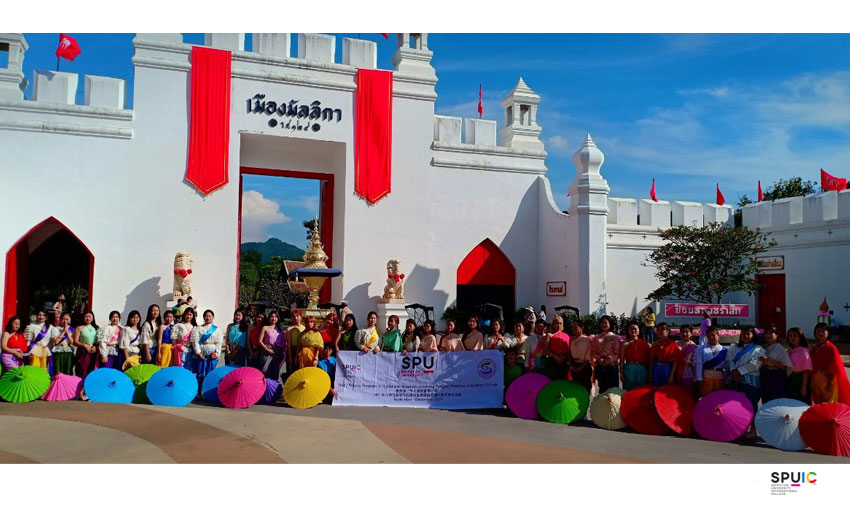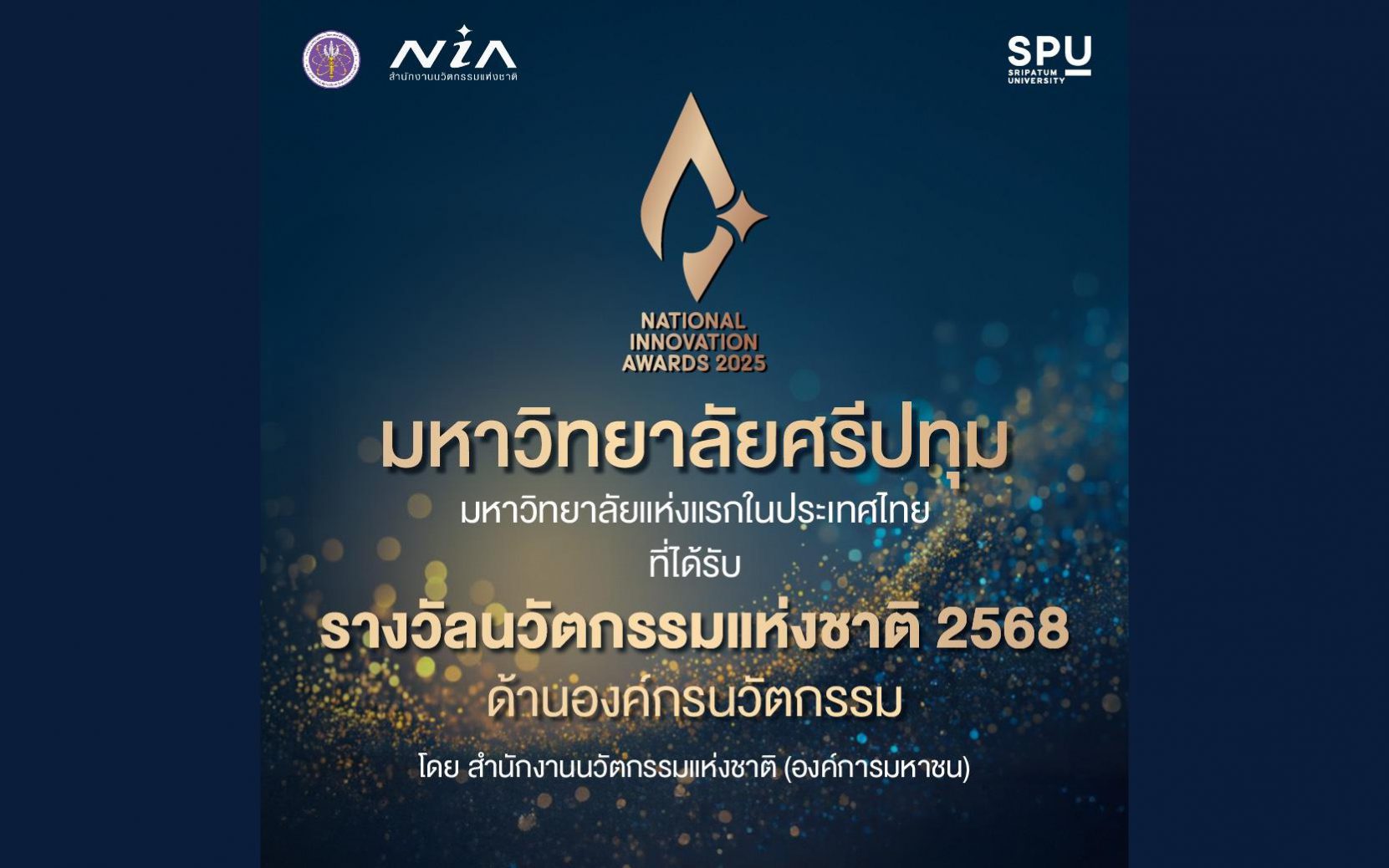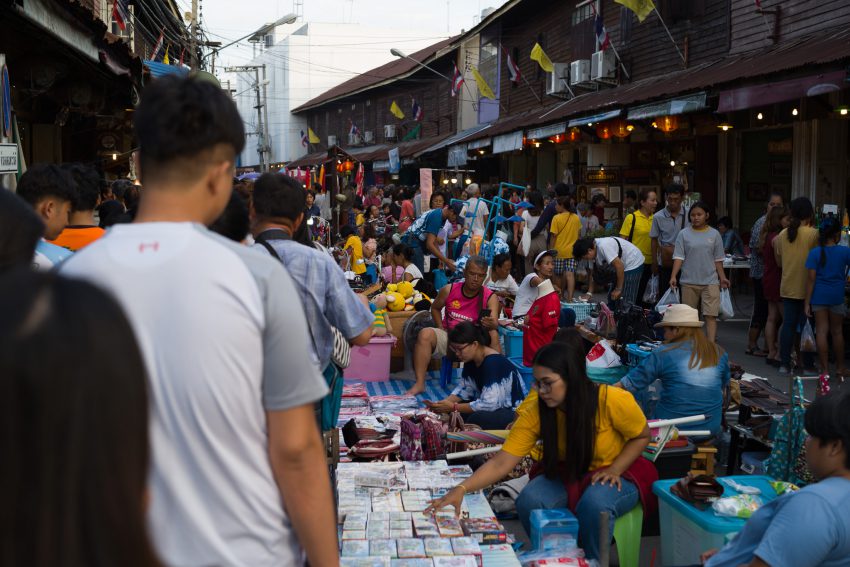
23 Feb Touchless travel; travel method at the present time.
Tourism still remains one of the most important activities of people, especially, after the situations that have made them stop their travel and many cities locked down. People seek for a time to travel again with their families or special persons for relaxing, having fun, gaining new experiences and knowledge, and also traveling for work.
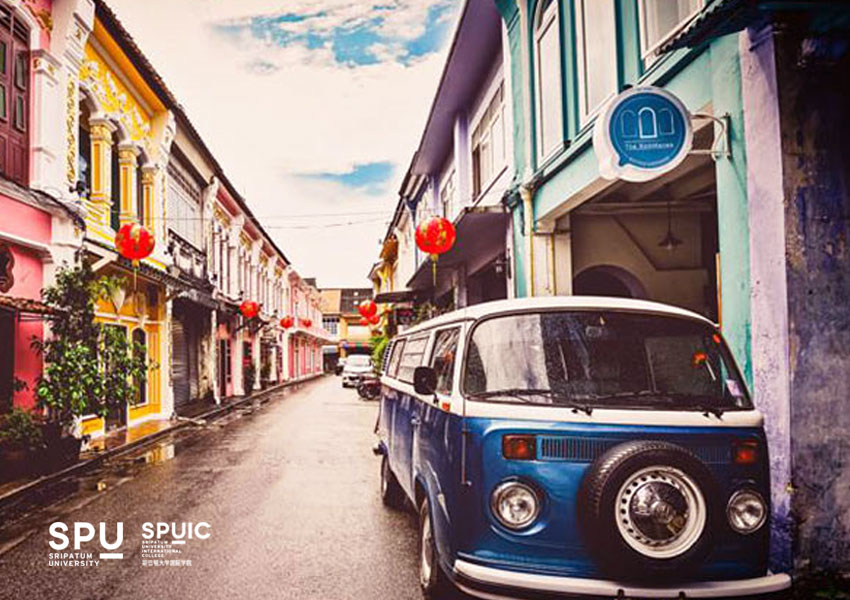
Why touchless?
With the Covid-19 epidemic worldwide, tourism industry damages from it in all business sectors leading to the adaption of activities and people who work in the industry. Traveling at the present time has to be more stringent and careful because people are concerned about safety and security in their health. Moreover, service providers and staff in tourism and hospitality businesses are considered as a high risk occupation as they meet a lot of people each day.
Thus, touchless travel is increasingly becoming important in tourism and hospitality industry. Its concept includes reducing physical touching between people during their travel and increasing the social distancing among them as well as introducing of technology used as the service tools. For example, the use of 5G technology through travelers’ mobile phone to make payments, view the maps, as well as check-in to an accommodation and reserve restaurant tables.
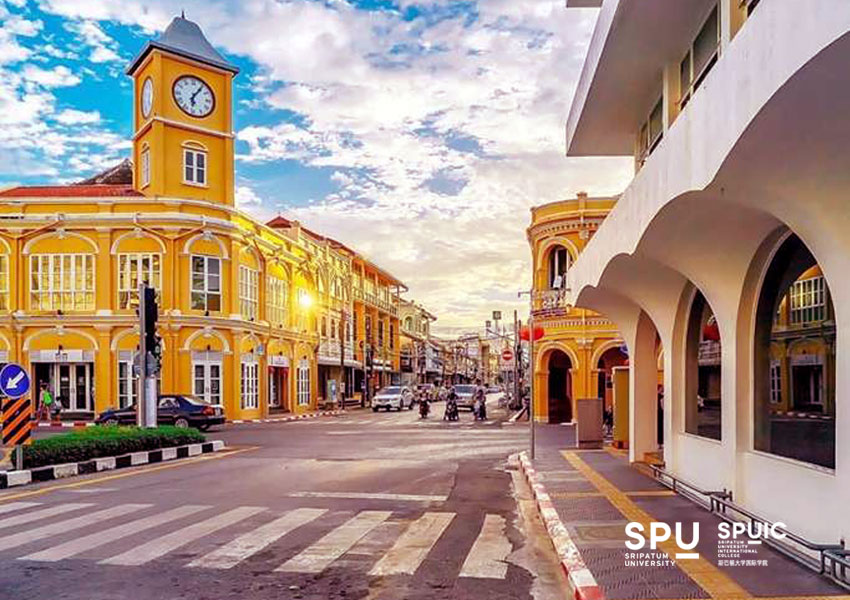
How far we are? and What should we do?
Recently, many countries have applied the concept of touchless travel to their tourism and hospitality industry such as the using of touchless train system in Japan where passengers can walk through the ticket gates at JR train stations without touching their cards or tickets on the reader at the entry gate. Likewise, airline businesses have a social distancing policy which passengers need to have a space between each other while sitting and omitting rows of seats in the aircrafts.
Tourism and hospitality industry continues to change and develop because travelers select only destinations and traveling vehicles which are safe from germs and virus. The operators need to adapt and improve their services focusing on the service model that takes seriously on the aspects of safety. Thereby, at a time when people waits for the vaccine results, tourism and hospitality businesses still have to bear the burden of adjusting for the day when everyone can travel normally again
